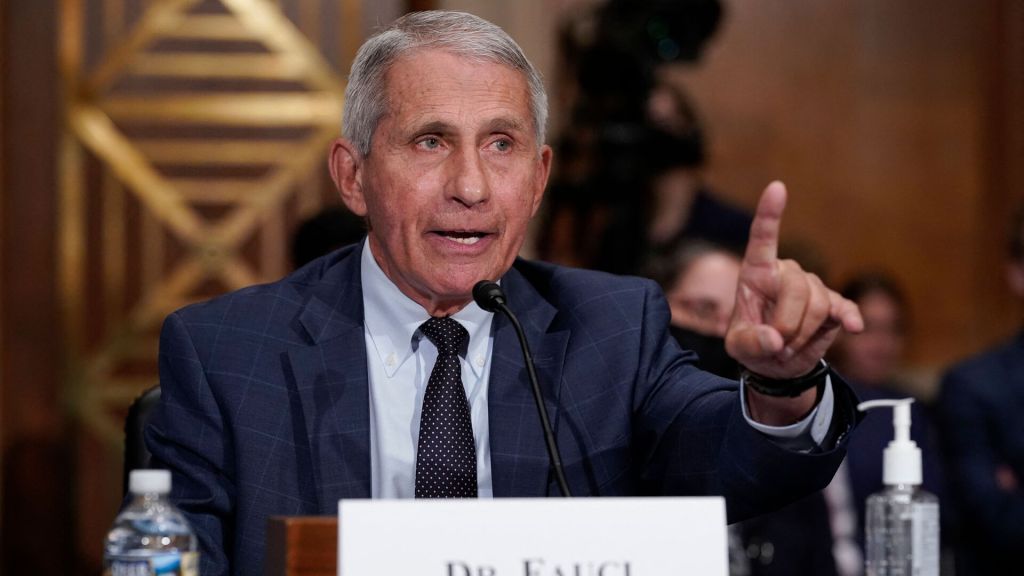
RAy The United States has hit the nearly $31.4 trillion debt ceiling. Treasury Secretary Janet Yellen informed congressional leaders yesterday that she’s taking extraordinary measures to pay the government’s bills. That includes pausing investments in the retirement and disability funds for civil servants and postal workers. She warned though that this is a temporary solution, and may only last until June, she urged Congress to act to raise the nation’s borrowing limit to avoid a default. So what happens next? And if Congress doesn’t act in time, what are the government’s options? Here to explain is Mark Hamrick, a senior economic analyst and Washington bureau chief for bankrate.com. Thanks so much for being here, Mark.
Good to be with right.
So Congressman Dan bacon said in an interview yesterday that Democrats and Republicans on Capitol Hill have not started negotiations, and that once they do, neither side should expect to get everything they want. Should there be more urgency here to make a deal?
Mark: Well, the debt ceiling array is first of all, a more than century old tool which has been proven to be highly ineffective, otherwise, it would not have been raised time and time again. And we wouldn’t have the level of debt that we do have in this country. It is not effective and draining spending, and it will likely be violated. Once again, the question of whether there should be urgency I think there’s a legitimate question whether the debt ceiling should exist at all. And that’s a completely different question, as to whether elected officials in Washington should engage in a higher level of wise management of taxpayer money. That’s a completely different question, because we’re talking about making good on has already been committed to in terms of spending. So, you know, elected officials in Washington get around to things and typically at times of their own choosing, but playing around with debt ceiling, playing around with the risk of a potential default, is absolutely inappropriate and counterproductive.
RAy: Yeah, so that’s actually a point I wanted to bring up and in a question down the line, but let me ask you it now. Every time the US approaches the debt limit, just like you said, there are people who question whether or not we should have won in the first place. Let’s take a look at America’s finances for fiscal year 2023. We’ve got revenue of 1.0 3 trillion expenditures of 1.4 5 trillion and therefore a deficit deficit of 421 billion. And that’s, by the way, 44 billion more or 12%, more than it was at the same time last year. Republicans say it’s time to balance the budget, and they want spending decreases with a debt increase. And the White House says this is non negotiable, because it’s a constitutional mandate that America pay its bills. So there are between one issue that is perennial in deficit spending, like you said, and one issue that’s immediate, and that’s a potential default. Is it possible to work out both of these problems now? Or is one going to have to wait?
Mark: Well, you know, this will be the question to be answered in the coming days, weeks and months, and one way or the other, it needs to be resolved, because the alternative, and unprecedented default is unacceptable. And it’ll be disastrous for the economy, and everyday Americans, how they go about it. You know, we’ve seen strange things happen in Washington, not only in recent weeks and months, but also years, I could even envision the possibility where a group of Republicans agree with a group of Democrats to try to resolve this, because as we saw in the repeated votes for Speaker of the House, there was essentially a small group of Republicans that are standing in the way of getting the eventual speaker elected. And so I don’t know what that eventual solution is going to look like. But it needs to be addressed. And as we know, from the past, they’ve had any number of different styles of kicking the can down the road. What how this resolution, assuming that it is resolved, will appear remains to be seen.
Ray: What are the Treasury’s options here? If Congress doesn’t get this done? Some of the most talked about proposals include minting a $1 trillion platinum coin. There’s high coupon bonds, there’s invoking the 14th amendment and payment prioritization by the Treasury, which is very similar what they’re already doing. Do any of those sound feasible?
Mark: Well, none of them are good options, and many of them are either not good, not options at all or, or unreasonable. The reality is that the nation needs to make good on its obligations. And that means that we need full that’s so complex. The government runs out of cash and cannot pay them. And the way that that would be resolved, of course is to raise the debt ceiling. The Whether that could be part of a package that or at least coinciding with package, potential spending cuts, we’ll see. Let’s remember that we have Republicans controlling the house and Democrats controlling the Senate and the White House. And it doesn’t seem as if sort of a global solutions on the lines of what some of the more optimistic Republicans are talking about is likely with the White House saying, for example, that essentially, the question is not broadly negotiable.
Ray: And then finally, I want to return to a point you made earlier, and that’s that every time the US approaches its debt limit, there’s a debate about whether or not there should be a limit in the first place. Proponents of that say they’ve, the government should be able to borrow whatever it needs. But what would it take for that to happen? And how would that change the dynamic of of yearly budget negotiations on Capitol Hill?
Mark: Well, the budget process for the most part in recent years has been broken, we’ve not had what would have been the dominant way of doing things for for the majority of our history, or at least modern history where one would have hearings on on such issues and and have, you know, so called regular order on Capitol Hill where there’s a deliberate and potentially even thoughtful process associated with how you spend money and how you authorize those expenditures. So, you know, we’ll see how all this works going forward. But right now, the process is quite broken, in the sense of getting rid of the debt ceiling, that would be an act of Congress and a President signing that legislation much the same as any other legislation. And, you know, I looked at ceiling of the medical equivalent of, you know, have having blood lettings and leeches applied to patients when common sense would dictate those were not good solutions, you know, this, this solution in the sense of being, you know, a way of resolving a lack of fiscal prudence on the part of elected officials has been demonstrated time and time again, to not be effective. So I my sense is that because it is ineffective, and it raises the risk of a default. And indeed, it’s something that’s weighing on, you know, business leaders, individuals and financial markets as we speak. That is counterproductive and and indeed, a default itself would not only be counterproductive, it would be disastrous.
Ray: Mark Hamrick, senior economic analyst and Washington bureau chief for bankrate.com Thanks so much for joining us.
Mark: Thank you for having me.






